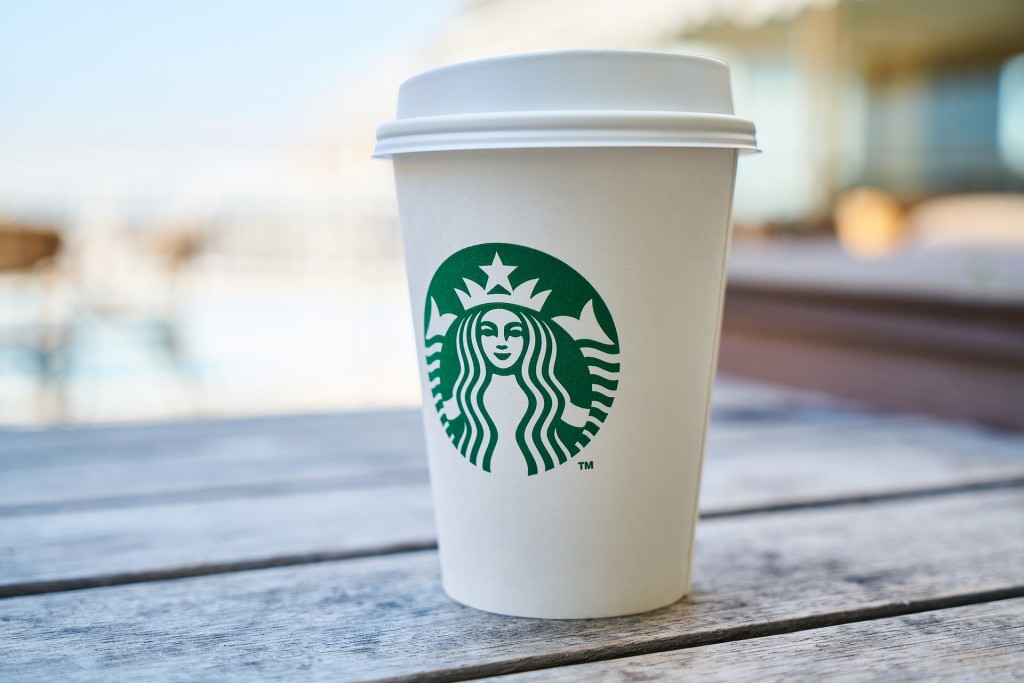Starbucks’ Use of Market Research Propels the Brand
Starbucks expertly employs market research to craft marketing messages and stay informed about consumer sentiment. Businesses in the coffee industry are susceptible to many external risks, most of which they are not able to control or even influence. The list of external threats is long, ranging from vagaries in the weather to ethically sourced coffee, and Starbucks must develop agile strategy to deal with both its internal environment and the external market environment.

How Market Research Supports Starbucks Business Strategy
Starbucks has been a successful company over many decades largely because of its stellar business strategies. The company engages in both horizontal and vertical integration. Horizontal integration is evident in Starbucks’ evolution of products. Vertical integration can be seen in the acquisitions that support the supply chain and business operations.
Market research is appropriate for each change in the integration of operations that will be customer-facing or will impact the services customers experience. Consider that Starbucks has conducted market research on dairy substitutes in its hand-crafted coffee beverages. Note also that Starbucks is highly attentive to monitoring social media networks for consumer brand affinity and customer complaint. Starbucks also actively solicits customer suggestions on its website.
Market research can take many different forms and can also be conducted on the major channels.
For their market research on dairy substitutes in coffee beverages, Starbucks employed at least these three market research approaches:
- Cultural trends (the dairy “problem,” health conscious consumers, nut allergies)
- Environmental factors in supply chain management (the almond crop “problem”)
- Social media monitoring (word-of-mouth, brand ambassadors)
- Customer preferences tracking (website customer comments)
- In-store product testing
At 84,000 votes, coconut milk is the second most-requested improvement pitched to MyStarbucksIdea.com which is a website where customers offer ideas and suggestions on a wide range of topics.
Starbucks vice president of brewed espresso, Christine Barone, told MarketWatch that,
“Delivering the options our customers want is always the highlight of my day. We have a high bar for anything we pair with our high quality espresso and this coconut milk is smooth and perfectly complements the coffee. I personally love it in an iced vanilla latte.”
The Non-Dairy Market Research Question
Health-conscious consumers and customers with special dietary limitations, such as allergies to nuts (almond milk) and lactose intolerance (dairy products), are seeing the results of voicing their preferences to Starbucks and other coffee beverage companies. Despite a market nervous about nut allergies, Peet’s Coffee, a Starbucks rival in California, offers lattes and other beverages with almond milk. During the past year, the Coffee Bean & Tea Leaf chain has offered its customers almond-coconut milk as an alternative to dairy. Starbucks first offered soy milk to customers in 1997 and other major coffee house chains provide soy milk as an alternative to milk.
Mintel, the market research company, reports that during the period from 2011 to 2013, overall sales of dairy milk products and nondairy alternatives grew a scant 1.8 percent to $24.5 billion (Reuters). During the same period of time, sales in the alternative milk category rose 33 percent to nearly $2 billion, making it the fastest growing category within the dairy milk products and nondairy alternatives group 9 (Reuters).
Starbucks regularly tests products in stores. During 2014, Starbucks tested the use of coconut milk as a non-dairy alternative to milk and cream in the brand’s hand-crafted beverages. The market research took place in Starbucks stores located Cleveland, Los Angeles, and Oregon. The results of the market research were sufficiently positive to cause Starbucks to select coconut milk instead of almond milk as an alternative to traditional dairy products in coffee beverages.
Environmental Considerations
The almond industry won’t be happy with Starbucks’ choice of coconut milk over almond milk, but drought-weary California residents may view this decision as an environmentally responsible decision. The $11 billion almond growing industry will miss the boon of being picked by Starbucks, but absent the increased market, at least some water will be kept from irrigating what would doubtless be ever burgeoning almond orchards.
The demand for water is less for coconut trees than for almond trees or fields of soy beans. But that does not mean that coconut trees get a free pass. While the environmental impact of coconut tree farming is light, concerns about the small coconut farmers have emerged. The demand for coconut products has increased 10 percent annually since 2013, but production has only increased 2 percent.
Starbucks reports that the coconut milk they use will be “certified vegan and made from single-origin coconuts” grown on the Indonesian island of Sumatra. The Asian and Pacific Coconut Community reports that one out of five Filipinos earn their living through some aspect of the coconut industry. Yet, according to the United Nations Food and Agriculture Organization (FOA), coconut trees in India, Indonesia, and Thailand are aging and will soon cease producing at commercially viable levels. Environmentalists are concerned that smallholder farms will be consolidated and production will be intensified. Starbucks has worked determinedly for ethically sourced coffee beans. Perhaps the Starbucks Coffee Company will also work to support the survival of a small-scale, environmentally friendly global coconut trade.
Article originally published by The Balance on August 13, 2016 by Gigi DeVault https://www.thebalance.com/starbucks-use-of-market-research-propels-the-brand-2297155



